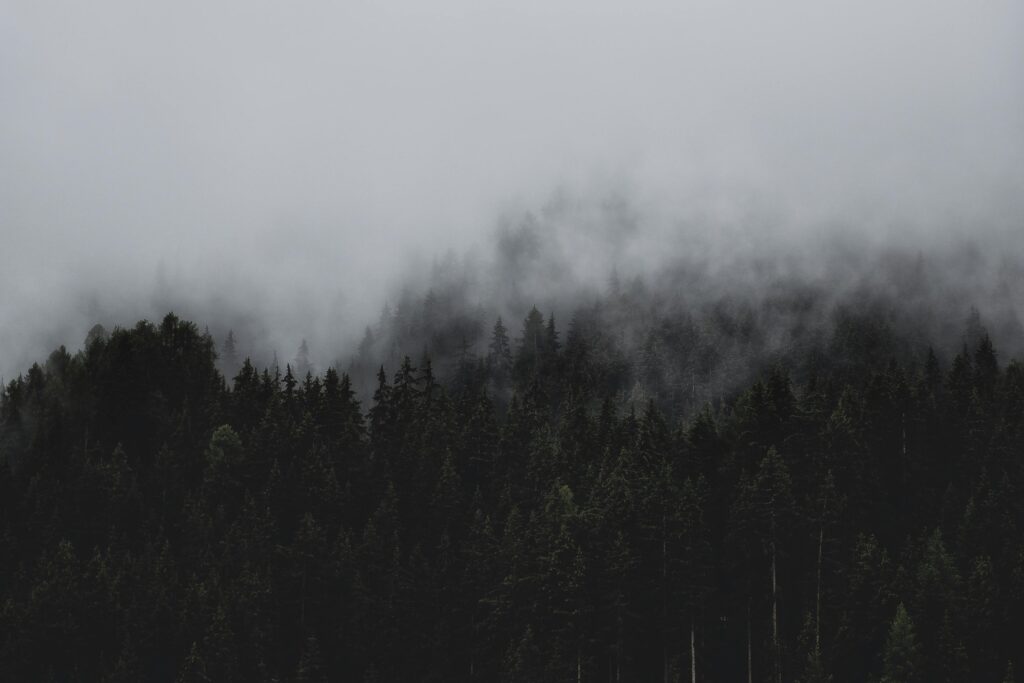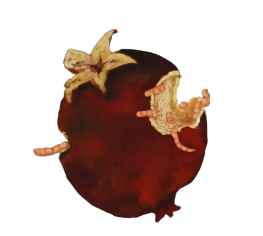“Tell me how I’m supposed to breathe with no air? Can’t live, can’t breathe with no air.”
When Jordin Sparks sang those words back in 2008, she probably had no idea Apollo was speaking through her, that she had become a vessel of prophecy cosplaying those of us who have the misfortune of simply existing as residents of Punjab, Pakistan right now.
The air being robbed from Sparks’ lungs was metaphorical but it gets more complicated than that for the citizens of The City of Gardens, Lahore.
On November 5th, the ancient city woke to
the sight of…nothing.

Everything they had known to be around them seemed to have been engulfed by a thick acrid layer of smoke and fog haze which they had, in recent times, lovingly begun to call “Smog.” To Lahoris, this came as no surprise at first, since being used to slow poisoning inevitably makes it tough for one to be shaken by something as inconsequential as a little blinding by the elements. “No big deal,” they scoffed as they revved their vehicles with fuel that would put any environment-loving being to an early grave but soon they realized they wouldn’t be far behind on the way to those early graves too if something wasn’t done about the stinging smog that threatened to choke the city.
The authorities soon reported that the air quality index for Lahore had dropped to 500. Anything above 300 is considered (by anyone with two brain cells to rub together) as being extremely hazardous to health. But the city does not stop for anyone and so on we went on our own little crusades with stinging eyes and choking lungs. Coughs punctuated sentences, the city disappeared under a thick blanket of smog, and the people suffered the results of the negligence of our overlords as always.
The disaster didn’t stop there. The University of Chicago conducted a study in which they deduced that the current air pollution of the city, if not tackled by immediate action, would shorten the life of its citizens by seven years on average. For your regular nihilist, this doesn’t mean much. After all, what’s seven years in the larger scheme of life, am I right? Wrong. The air index in Lahore soon crossed 1000, and 14 million of the city’s residents were thrown into a state of uncertainty and fear. 240 children ended up dying of pneumonia, a respiratory disease before the people woke from their own slumber and started thinking “Oh shit, this problem won’t go away on its own.”
There’s a popular saying you’ll often hear Lahoris repeating: “Jinne Lahore ni vekheya, o jameya ii ni” (He who has not seen Lahore, hasn’t been born), and with the way Lahore has led the polls for the world’s most air polluted city for months, it would seem those who were actually born in Lahore, and have seen it, now have a higher chance of dying at the hands of their own ignorance and the toxic air that permeates their city and lungs.
The City of Saints, Multan, joined the fray on November 11th when the AQI crossed 2000 and left the nation in a state of crisis. Numbers like these were not only alarming but terrifying. Scientists conjectured that these numbers might even be higher than those of Chernobyl when disaster struck. The lack of radiation was probably the only thing keeping Punjab from becoming the modern-day Chernobyl by the looks of it. The Government finally seemed to realise something was amiss, and stipulations and rules were put into place. Restaurants and malls would shut down around 8 pm, taking away the incentive from people to be roaming around the modern wasteland in their fuel-emitting vehicles. Schools and colleges were going online. It was the return of the pandemic but this time there was nothing to distance ourselves from except the very real reality that we may have essentially messed up one of the few things we need to sustain life. Our air was poisoned, and we had no one to blame but ourselves.
But as always, there was a game to be played. When the situation was reassessed, smog diplomacy was a term thrown around as a senior provincial minister announced a lockdown in both cities until further notice, and fingers were pointed towards the neighbour, ready as they always were. To hell with educating farmers about proper ways to get rid of their wheat plantations in the season. To hell with regulating brick kilns, checking industrial emissions, refining fuel, or planting forests that were cut down to feed the timber industry. Let’s play hooky with our own lives, and bet our lungs on the line.
Copium continues to cope when they can no longer smell anything but sulfur and burnt fuel in the air when they lean against the window on a morning watching cars turn on their hazard signals to avoid collisions due to the lack of visibility when they see a return of masks on the faces of those around them, and when they consider that this poisonous air that’s crept into their city has stolen away the scent of the morning dew and jasmine that had perfumed their childhood.
The people continue to choke onincompetence, ignorance, and sheer stupidity but life goes on.
It’s just getting a little harder to breathe.
